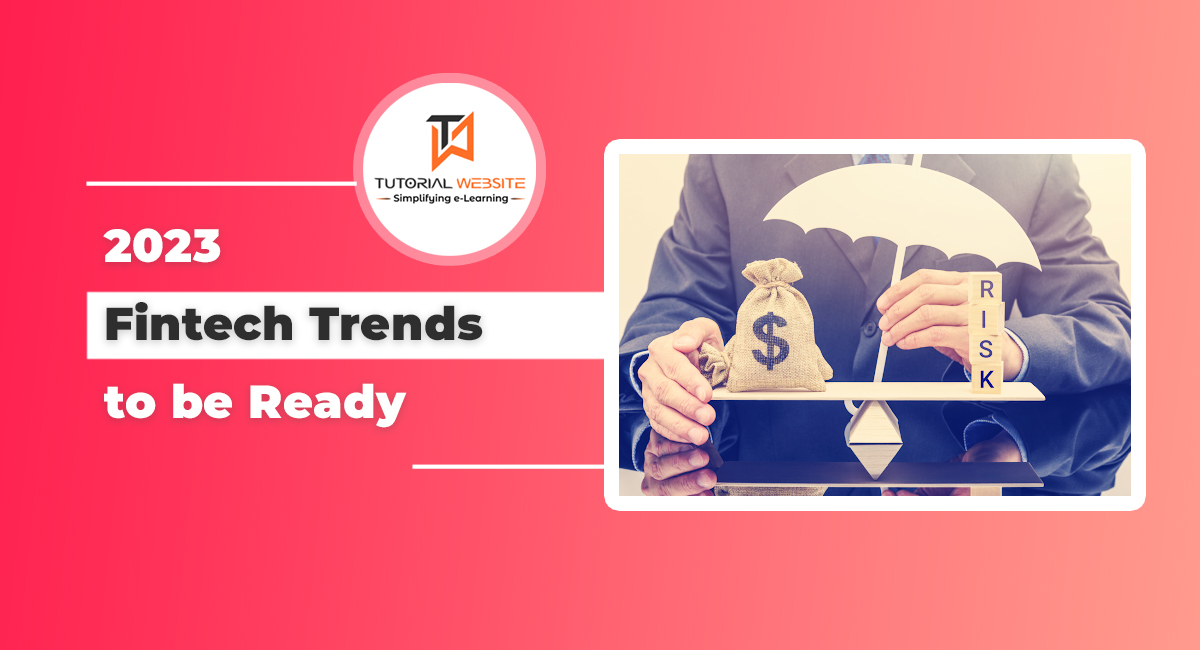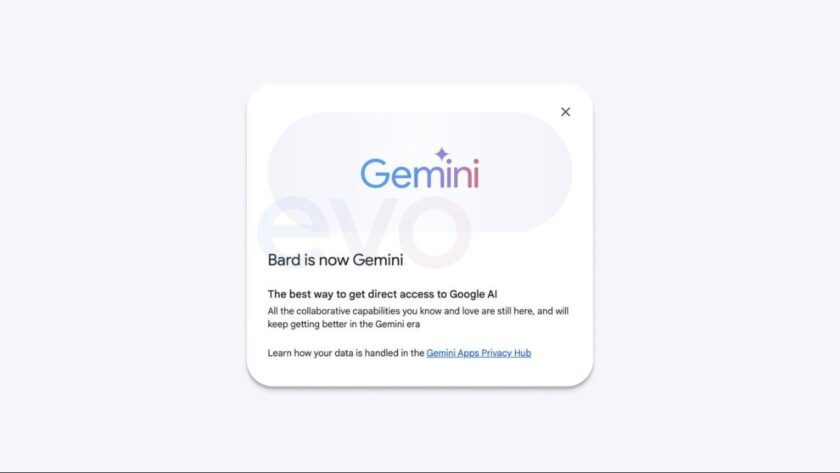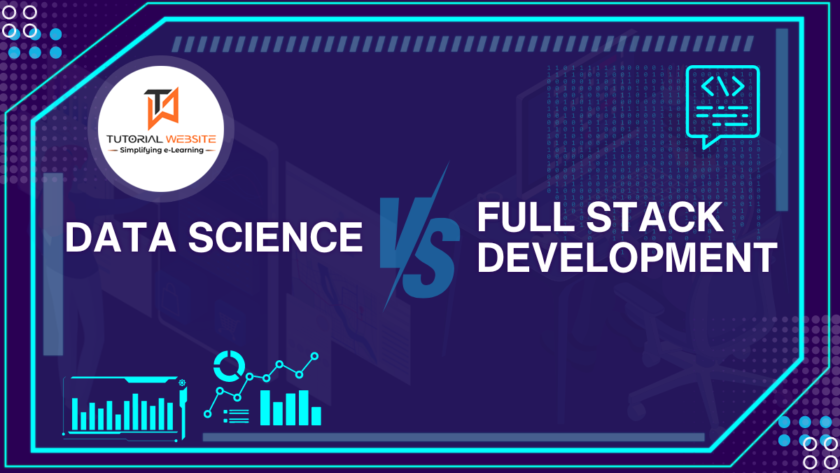The financial technology or Fintech industry is ready for disruption. The last two years have been challenging for organizations in the technology industry, primarily because of the interest shown by customers during COVID-19 and the rise of stiff competition from new entrants. The last 2 years have seen unprecedented growth with new names popping up and new organizations starting businesses.
The fintech market is undergoing radical transformation and chances are that everything in its way will be impacted by the growth. The rapid growth curve proves to be a challenge for existing market players because they have to scale their own growth accordingly and also move towards more refined methods of banking and operations.
In this article, we take a look at some of the fintech trends to be ready for in 2023. There are a few interesting updates lined up for the industry and we will study everything about them in this article.
Suggested Read: How Is Blockchain Affecting the Finance Sector?
Digital Banking is the New Norm
Gone are the days when banks would worry about maintaining a digital presence alongside their physical presence. Now, a virtual presence and seamless app is all it takes to communicate with users and get your actions in order. Banks today realize the financial utility in offering P2P transfers, global payments, zero transaction fees, and digital transactions all through a virtual application.
Digital-only banks are revolutionizing the way banks work and provide a completely virtual experience, without the added hassle of going to the branch. Visits made to the bank have dropped 36 percent from what they were in 2017 to what they are now in 2022. Customers absolutely love the feasibility, and there is an entire generation of banking customers that haven’t visited a bank in their lifetime.
Blockchain’s Reentry into Global Finance
Blockchain is about to reenter the global finance industry and has the potential to change the way financial transactions work. Blockchain can help boost the global economy, with countries like the United States and China benefiting the most.
The banking industry is up for another disruption with blockchain at the fore. Blockchain wallets were used by some 11 million users in 2016. A number that has shot up to 40 million plus right now. Blockchain will now be used for tracking and securing funds made through digital-only apps. The idea is to make everything accessible online and secured through the blockchain.
Also Read: How Blockchain Technology Can Secure Your Data
Innovation in Payments
Fintech operators are looking for ways to innovate payments and add more security to the mix. Contactless payments, mobile wallets, mobile payments, and verification technologies are all improving with time.
Stats from 2020 reveal that the biggest innovation in payments was the greater success of mobile payments. Customers recognize the need for mobile payments and how they can integrate the same within their services.
Generation Zers are going to benefit the most from innovation in payments as this would lead to a cashless society, the idea of which they were born into.
AI’s Seamless Integration
Revenue generated by some banks has exceeded the total gross income made by some companies. Banks will be the first to use AI and integrate it within their processes for efficient operations and seamless results.
Artificial Intelligence will work to increase operational efficiency and also reduce the total bank costs by an astounding 20 percent by 2030. This suggests that banks can save $1 trillion-plus in savings through the use of AI.
However, the path to AI brilliance requires skilled labor, and banks are facing a potential shortfall. Banks are short on employees with in-depth knowledge of AI operations. AI is well poised to limit financial fraud and give banks the solid security they need to go fully virtual.
No More Bed of Roses
For years, fintech startups have been welcomed with open arms and excitement. Fintech startups were already facing numerous challenges before the pandemic, and the pandemic has even deteriorated things further. A number of startups have failed and investors have lost their money.
Venture capitalists are now not as excited to see new fintech startups as they were before. The initial optimism has now been replaced by a wave of pessimism and 2023 will see the same skepticism in the display. Many fintech businesses will see the light of day based on capital from investors, but a majority will not be able to impress with their idea.
Smart Contracts
Smart contracts are going to become smarter and more common in 2023. Smart contracts are based on the blockchain and give users a chance to sign contracts using unique cryptographic keys. The contracts are managed through a computer language and are tamper-proof in nature.
Increased Regulations
Financial money laundering through digital means is a major cause of concern for governments across the globe. Federal staff members realize that many financial threat actors and absconders have made the move online and are now operating online to launder money through the seamless model of digital banking. This information will result in more comprehensive regulations that will lead to a strict check and balance of money flowing into digital accounts and used to purchase digital assets.
All of these new regulations will also be used to hold banks accountable for the loss of data and other related problems. Governments want to set national standards for the entire country to follow. Regulations can also trace money trails and define possible restrictions for the future.
The trends are changing and 2023 is expected to be an exciting period for the fintech market. We hope you can prepare for the time to come by reading about these trends.

Jyoti Saini is a Technical Lead at Programmers.io and likes studying/researching tech news for recent innovations and upgrades. Saini has been associated with the market for half a decade now and aspires to present complex tech innovations in a simple format for readers online.




